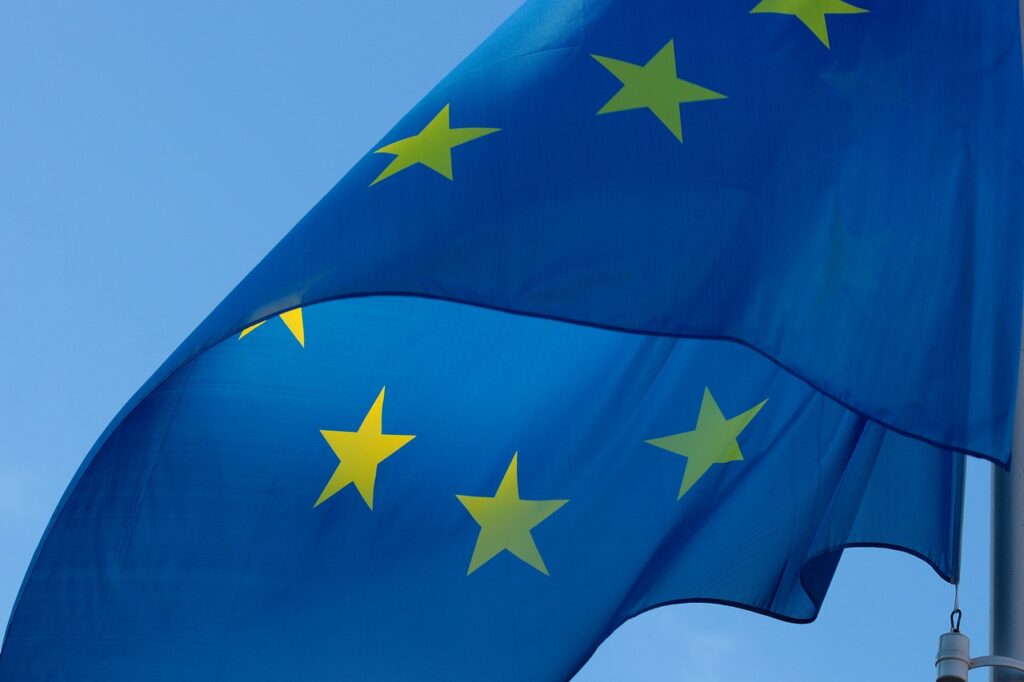Introduction
Armenia is at a pivotal juncture, actively debating a bill that could initiate its accession process to the European Union (EU). This move underscores the nation’s aspiration to align more closely with Western democratic institutions, seeking enhanced security and economic opportunities.
The discussions come amid growing public support for European integration, as well as concerns over regional stability and geopolitical positioning. The Armenian government has shown willingness to deepen ties with the EU, marking a potential shift in the country’s foreign policy.
Key Takeaways
✅ Parliamentary Debate Underway – Armenia’s Standing Committee on European Integration is currently discussing a bill to commence the EU membership process.
✅ Strong Public Support – Over 60,000 signatures have been collected in favor of starting EU accession talks, highlighting broad popular backing.
✅ Government Endorsement – The Armenian government has approved the bill, and the National Assembly has passed it in the first reading.
✅ Security Considerations – Supporters argue that EU membership would enhance Armenia’s security in light of regional instability.
✅ Prime Minister Pashinyan’s Stance – The Armenian Prime Minister has reiterated the country’s commitment to seeking closer ties with Europe.
Parliamentary Debate on EU Membership
The Standing Committee on European Integration of Armenia’s National Assembly is currently discussing a historic bill aimed at formally launching the country’s EU accession process.
The proposal was introduced by Artak Zeynalyan, a key proponent of Armenia’s pro-European political movement. Supporters argue that this legislation represents an important step toward deeper integration with Europe, aligning Armenia with Western democratic values and economic structures.
Public Support and the ‘Eurovote’ Initiative
Momentum for EU membership has been building among the Armenian public. The ‘Eurovote’ initiative successfully gathered over 60,000 signatures, advocating for the official start of Armenia’s EU accession process.
This level of grassroots engagement suggests that a significant portion of the Armenian population sees a future within the EU as a way to secure greater economic stability, political freedoms, and geopolitical security.
Government Approval and Legislative Progress
The Armenian government has already signaled its support for the bill, viewing it as a strategic move to open doors to closer cooperation with the EU. The bill has successfully passed its first reading in the National Assembly, indicating strong legislative backing for the initiative.
If approved in subsequent readings, the government will be mandated to formally begin the EU membership application process, potentially bringing Armenia into alignment with European economic and legal standards.
EU Integration as a Security Strategy
Supporters of the bill argue that joining the EU is not just an economic decision but also a security-driven strategy. Given Armenia’s complex geopolitical landscape, aligning with Western democratic institutions could provide the country with stronger diplomatic and economic backing.
Discussions in the parliamentary committee emphasized that European integration could expand Armenia’s security options, especially as the country navigates ongoing regional tensions. Some experts argue that closer ties with the EU could help Armenia diversify its defense and economic partnerships, reducing dependence on traditional allies.
Prime Minister Pashinyan’s Commitment
Prime Minister Nikol Pashinyan has repeatedly affirmed Armenia’s commitment to deepening relations with the EU. His administration views European integration as a strategic goal, aligning with the country’s long-term aspirations for democratic governance, economic modernization, and security partnerships.
While Armenia has historically maintained strong ties with Russia, recent developments indicate a possible shift toward Western institutions, reflecting changing national priorities and security concerns.
Challenges to EU Accession
Despite growing support, Armenia faces several challenges on the road to EU membership:
❌ Political and economic reforms – The EU requires strict compliance with democratic governance, anti-corruption measures, and human rights protections. Armenia will need to align its policies with European standards.
❌ Regional stability – Given Armenia’s complex geopolitical position, EU accession could bring new diplomatic challenges with neighboring countries.
❌ Balancing existing alliances – Armenia must navigate its relationships with traditional allies, including Russia and regional partners, while pursuing closer EU ties.
Conclusion
Armenia’s active pursuit of EU membership marks a historic shift in its foreign policy orientation. With strong public backing, government approval, and ongoing legislative discussions, the country is poised to embark on a transformative journey that could redefine its geopolitical and economic future.
However, the path to EU accession remains complex, requiring substantial legal, political, and economic adjustments. The coming months will be crucial in determining whether Armenia can successfully balance its European aspirations with its regional realities.










